Pinched Nerve Treatment
Patients often present to our clinic for pinched nerve treatment. Generally speaking, when someone refers to a “pinched” nerve, it is often related to a spinal nerve that has become compressed from inflammation or other bodily structures and is now symptomatic. Trapped or “pinched” nerves can occur in any region of the spine and most joints in the body.
What are the symptoms of a Pinched Nerve?
Signs and symptoms can include
- Neck, mid-back or low back pain
- Headaches (particularly those originating in the neck or base of the skull) or migraines
- Pain radiating into the extremities
- Numbness tingling or burning sensation in the extremities
- Localised muscle wasting
Pinched nerves can cause a loss of mobility and severe pain with movement. People will often report aggravation of symptoms when prolonged sitting, standing up from sitting or leaning over whilst doing gardening or housework.
What is the cause of a Pinched Nerve?
Spinal (peripheral) nerves carry information from the spinal cord to the muscles of the body, allowing them to carry out their many functions. Obstruction of this flow may cause many different health problems. The obstruction of these “pinched” nerves comes about in many ways but four common causes are listed below
Joint dysfunction
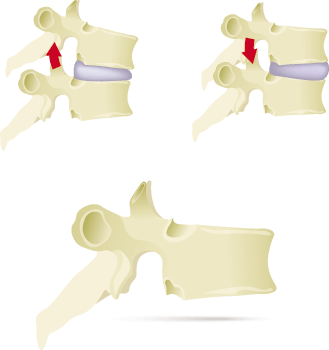
When joint movement becomes dysfunctional (i.e. abnormal/locked/restricted) inflammation can occur. This inflammation can result in impingement on the spinal/peripheral nerves that run directly parallel to them. When your Back Pain Relief Clinic chiropractor adjusts a dysfunctional joint, correct function and joint movement are restored allowing the inflammation to subside and thereby reducing the pressure on the nerve. This technique is often used to treat spinal and other joint dysfunction throughout the body.
Disc Degeneration
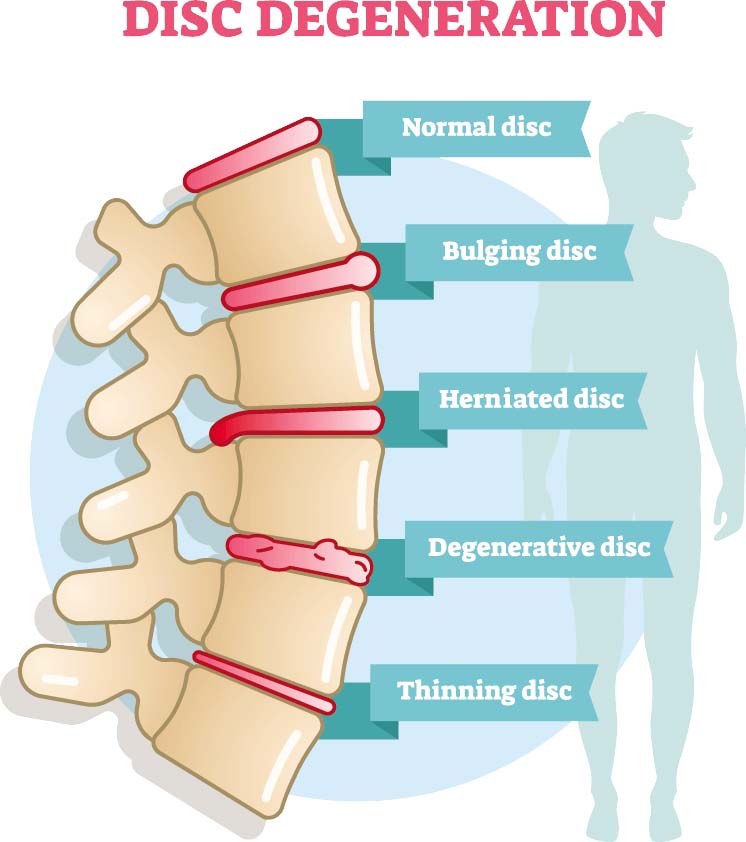
There is a small piece of gelatinous material between each vertebra. These are known as “intervertebral discs.” They act as the shock absorbers for the spine. Sometimes the disc begins to degenerate due to the ageing process, however, they can also be exacerbated by trauma and work/lifestyle conditions. When a disc starts to degenerate, they become shorter, reducing the joint space that the spinal nerves run through placing external pressure on the spinal nerves and resulting in the “pinched” nerve symptom.
Osteoarthritis
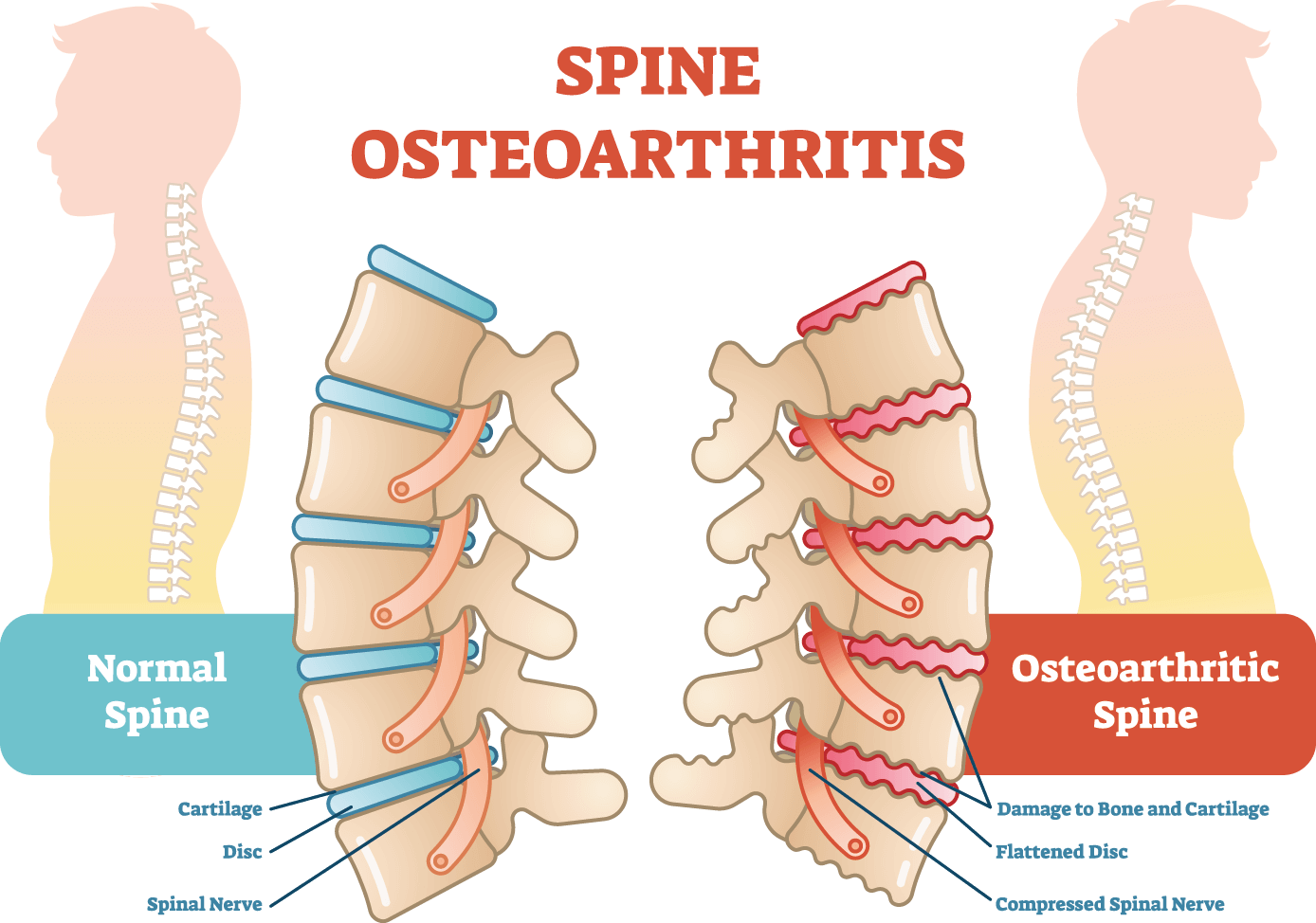
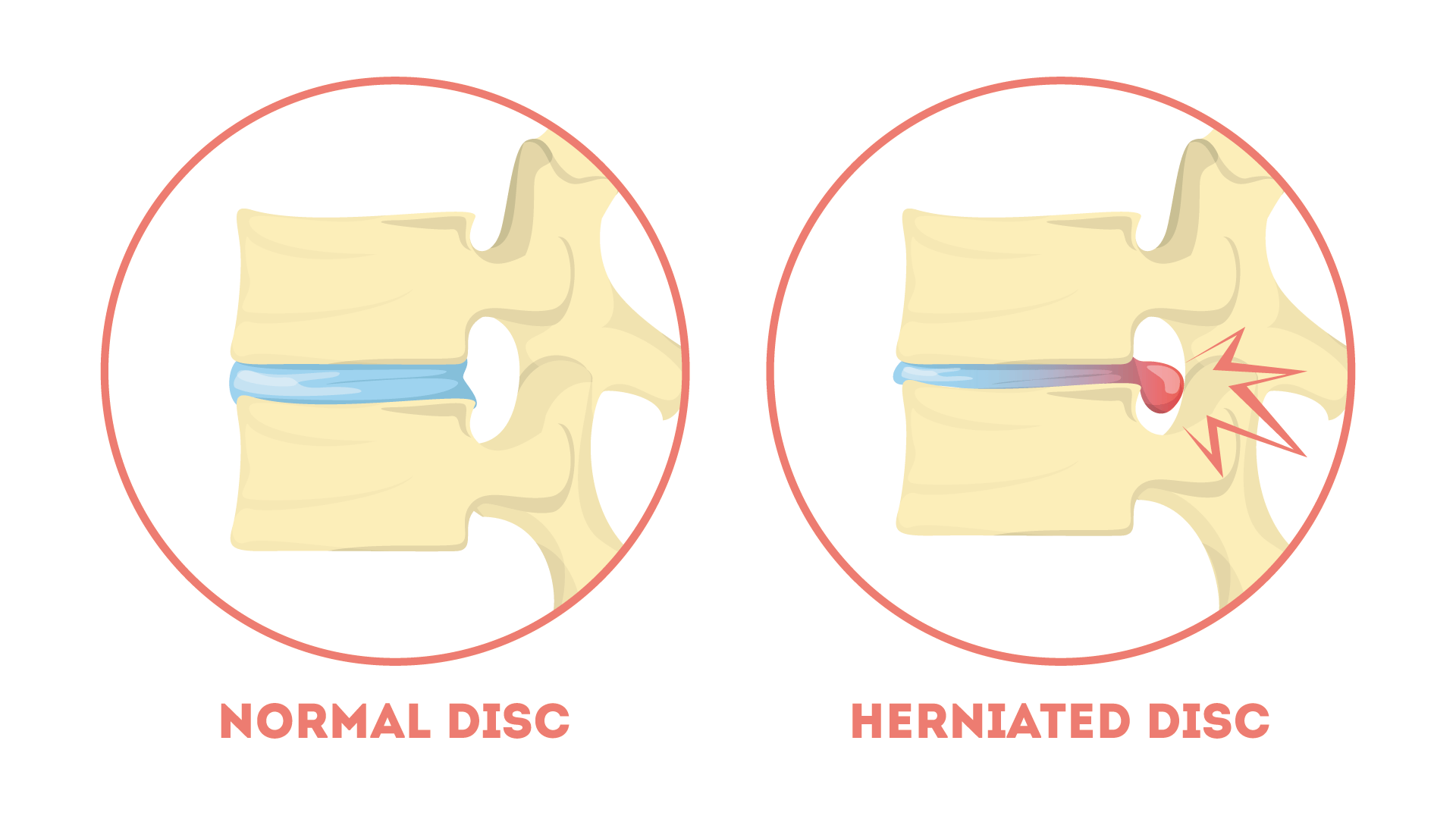
The spinal nerves exit the spine through smooth circular bony holes or canals, called “foramen”. In a person with osteoarthritis, instead of being smooth, these foramen are rough and jagged due to the ageing process. This can make the channel quite hazardous for the spinal nerve to pass through and can result in pressure being placed on the nerve resulting in “pinched nerve” symptoms.
Disc Herniation
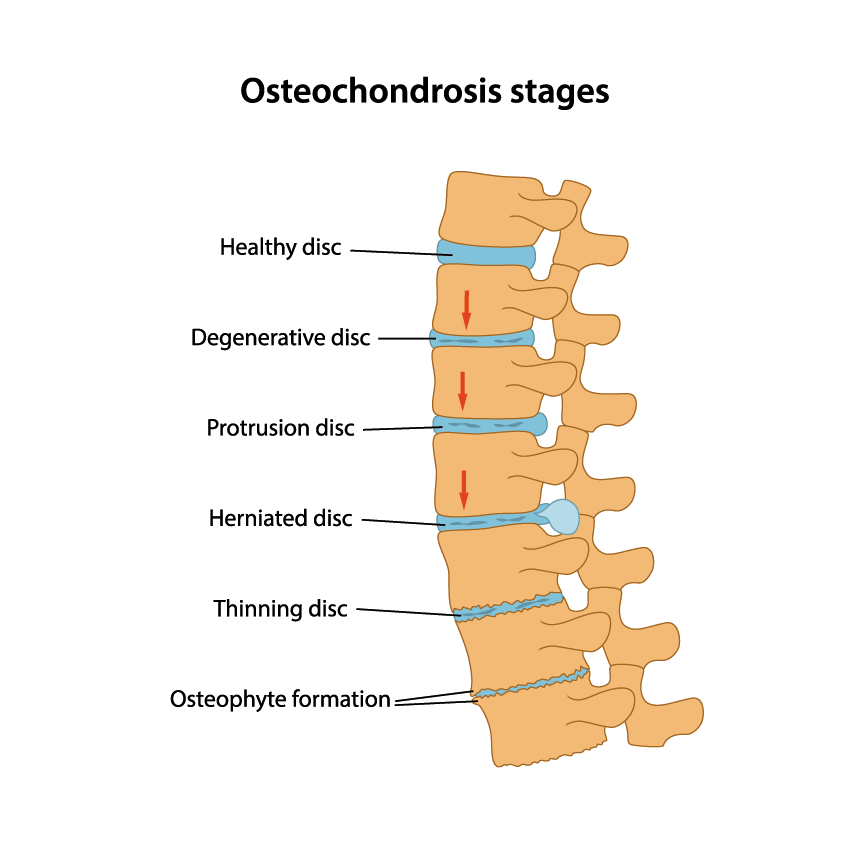
Disc herniation or protrusion occurs when external compressive pressure placed on the disc causes it to lose circular form and “slip” or bulge out of the spinal column, putting pressure onto the traversing spinal nerves. This external pressure on the nerve will often manifest itself with “pinched nerve” symptoms.
How do you treat a Pinched Nerve?
At Back Pain Relief Clinic, we use a combination of conservative therapies to restore correct joint motion, reduce inflammation and relieve spinal stress. This can help to reduce the pressure on the compromised spinal nerves causing symptoms to reduce so that you can go back to being the best version of yourself.
